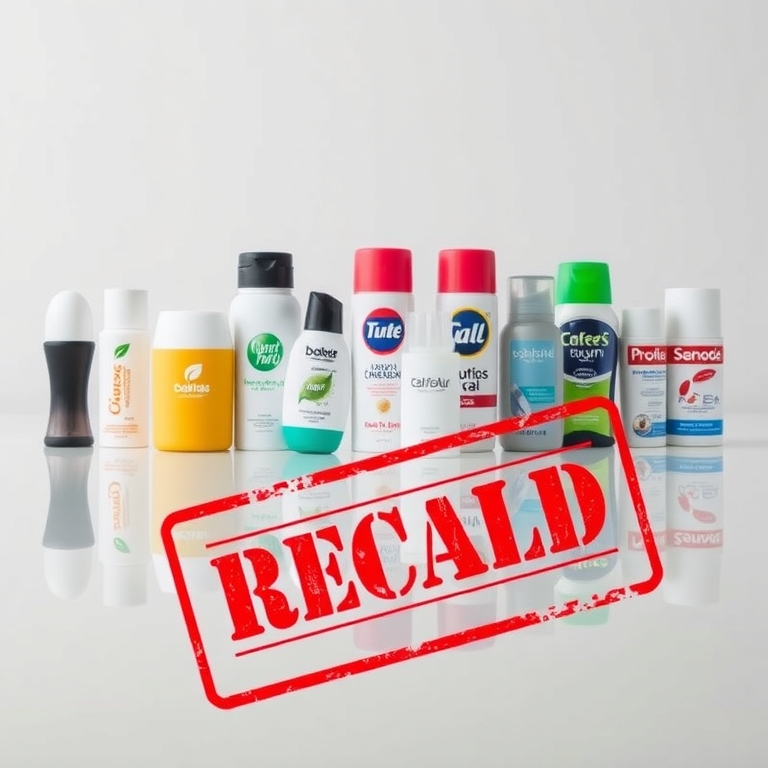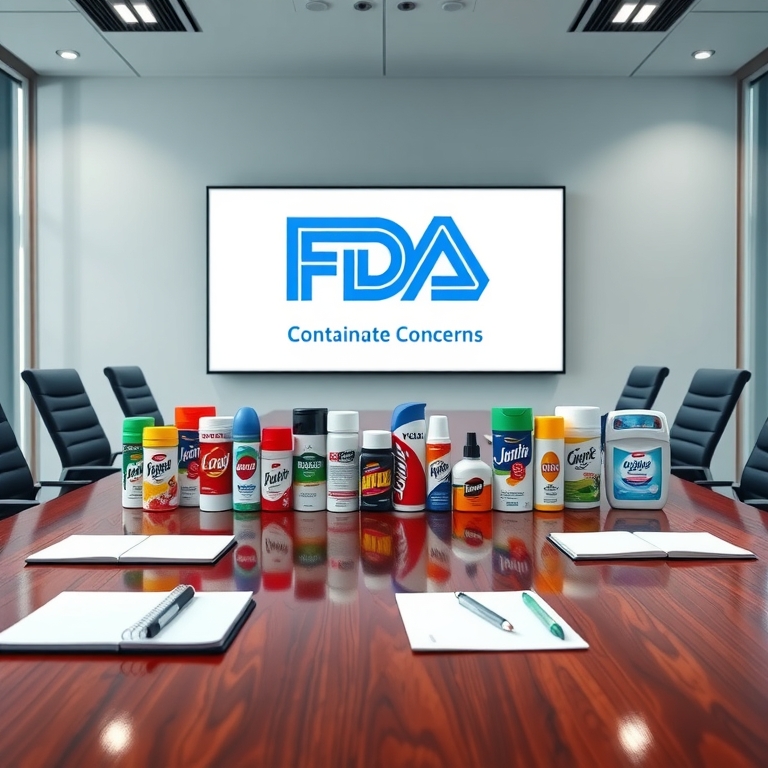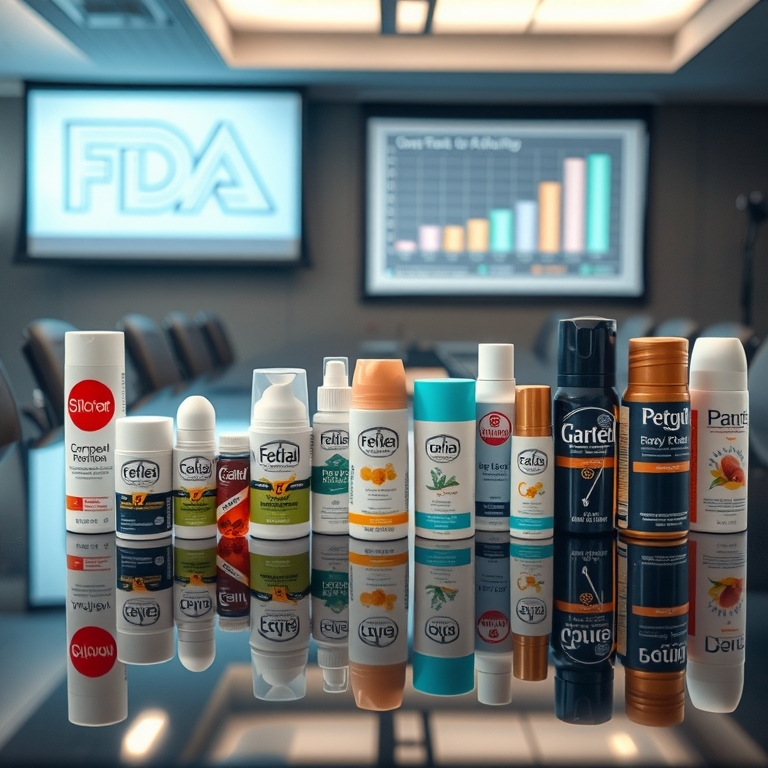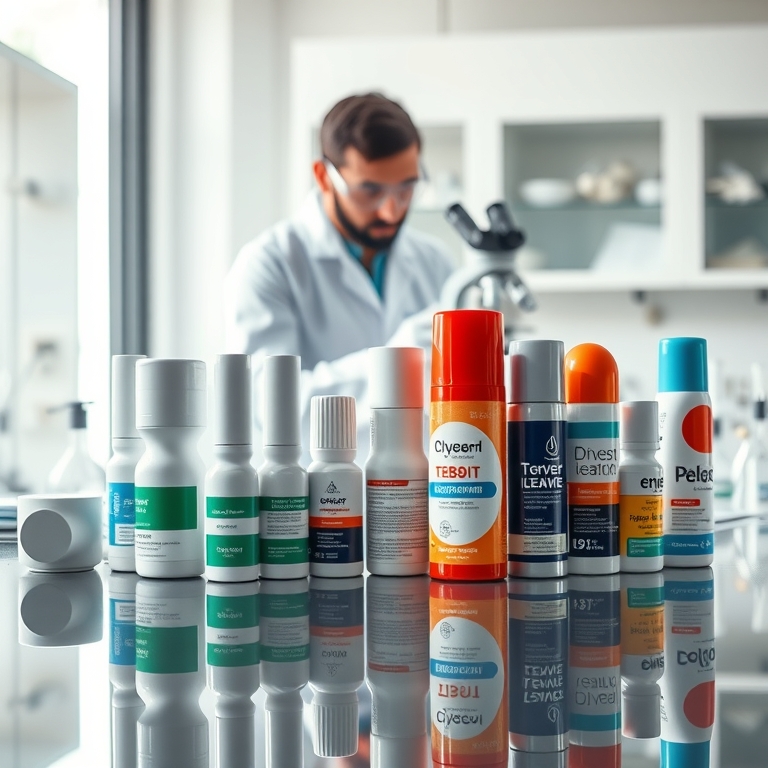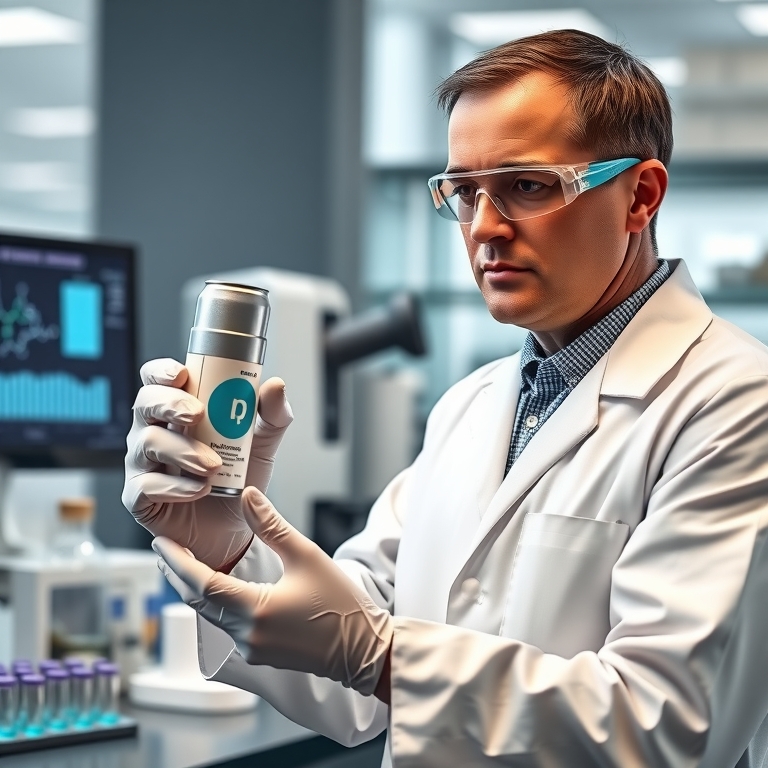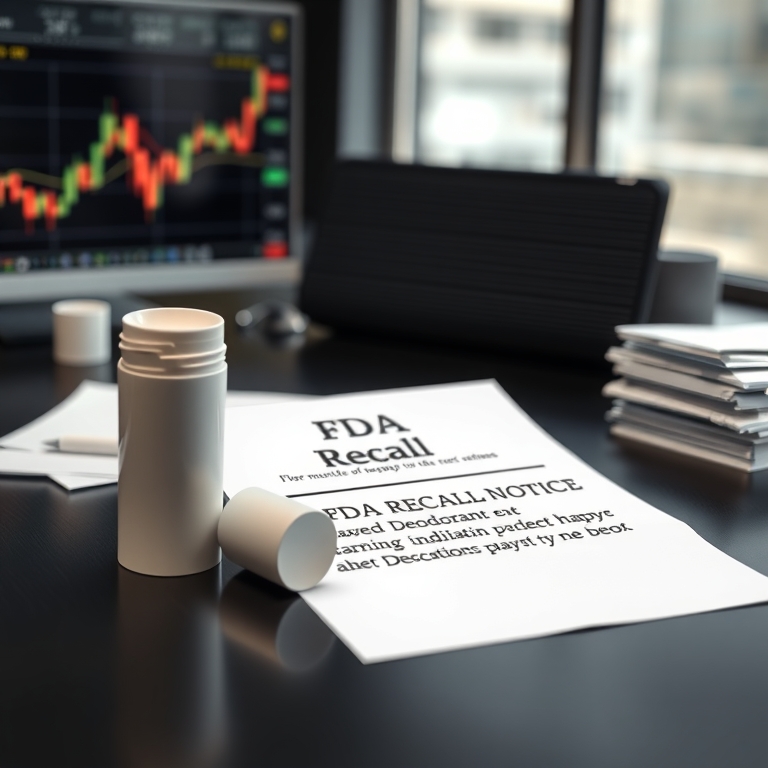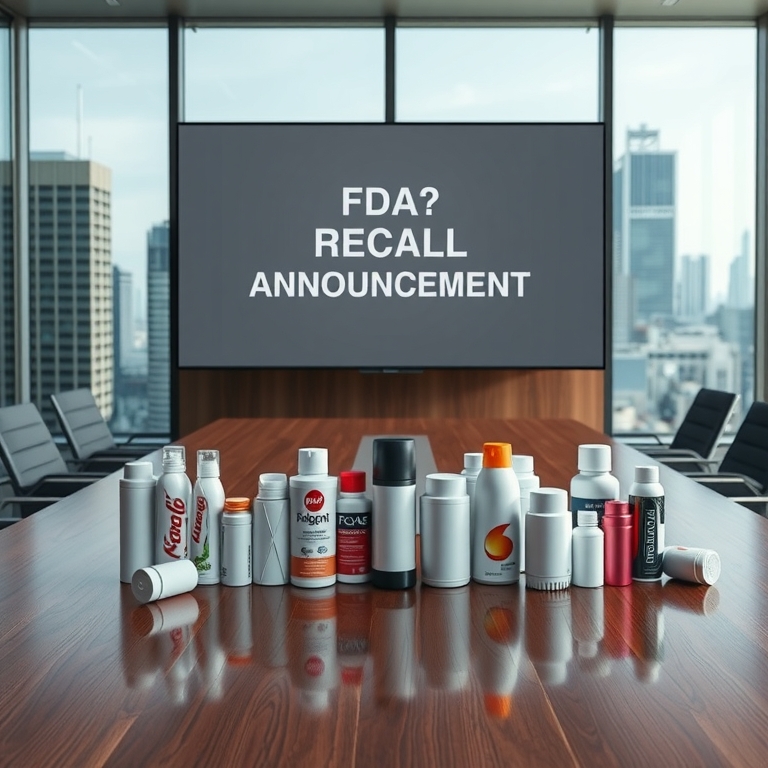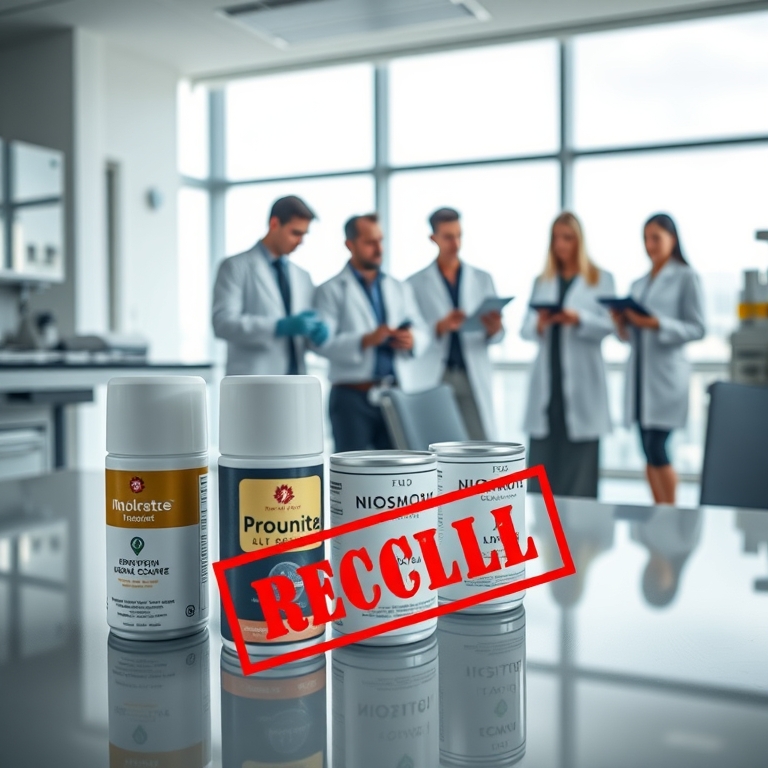In a move that has stirred significant attention across both consumer and business sectors, the U.S. Food and Drug Administration (FDA) has recently issued a recall for several popular deodorant brands due to the discovery of potentially harmful substances in their formulations. This recall not only underscores the importance of stringent safety standards in the personal care industry but also highlights the critical role regulatory bodies play in safeguarding public health.
The FDA’s decision comes on the heels of an extensive investigation prompted by consumer complaints and independent studies, which indicated the presence of substances that could pose health risks. These substances, primarily benzene and formaldehyde-releasing preservatives, have been linked to various adverse health effects when used over long periods. Benzene, a known carcinogen, can lead to an increased risk of leukemia and other blood disorders, while formaldehyde-releasing agents have been associated with skin irritation and allergic reactions.
The recall affects a wide range of products, including both antiperspirant and deodorant lines, spanning across several well-known brands that have long been trusted by consumers. As the news broke, companies involved in the recall were quick to respond, issuing statements and working closely with the FDA to address the concerns. The collective goal is to remove the affected products from the shelves as efficiently as possible and to ensure transparency with consumers about the potential risks.
The implications of this recall are extensive, not only affecting consumers but also shaking the foundations of the companies involved. For businesses, the immediate impact is financial, with potential losses in sales and increased costs associated with product recalls, including logistics, refunds, and potential legal fees. However, the long-term repercussions could be even more significant, potentially affecting brand reputation and consumer trust—a critical asset in the competitive world of personal care products.
For consumers, this recall serves as a stark reminder of the importance of monitoring the ingredients in personal care products. Increasingly, consumers are demanding more transparency from companies about what goes into their products and how these ingredients might affect their health. This trend has been gaining momentum over the past decade, with more people opting for products labeled as “natural” or “free from” specific chemicals. This incident is likely to accelerate that movement, pushing companies to reformulate their products to meet the growing demand for safer, cleaner alternatives.
Industry experts suggest that this recall could lead to broader changes within the personal care industry. It highlights the need for companies to invest more heavily in research and development to ensure product safety and compliance with regulatory standards. Furthermore, it might prompt the FDA and other regulatory bodies to impose stricter regulations and conduct more frequent inspections to prevent such occurrences in the future.
The recall also raises questions about supply chain transparency and accountability. Many of the ingredients found in personal care products are sourced globally, and ensuring their safety requires rigorous testing and documentation at every step of the supply chain. Companies may need to reevaluate their supply chain strategies, ensuring that all partners and suppliers adhere to the highest safety standards. This could lead to more robust partnerships and collaborations within the industry, ultimately benefiting consumers.
For the FDA, this recall is a testament to its commitment to public safety, reinforcing its role as a watchdog for the health and well-being of citizens. The agency’s swift action in response to the findings underscores its dedication to protecting consumers from potential harm. This incident may also lead to increased funding and resources for the FDA to enhance its monitoring capabilities, ensuring that similar issues are identified and addressed swiftly in the future.
As the recall progresses, affected consumers are encouraged to check their products against the recall list provided by the FDA and return any affected items to their place of purchase for a refund. Consumers are also advised to contact healthcare providers if they have any health concerns related to the use of the recalled products. Meanwhile, companies are urged to maintain open lines of communication with their customers, providing updates and information as the situation develops.
In conclusion, the FDA’s recall of deodorant brands over potentially harmful substances is a significant event with far-reaching implications for the personal care industry, consumers, and regulatory bodies alike. It serves as a powerful reminder of the importance of safety and transparency in product manufacturing and highlights the crucial role that regulatory oversight plays in maintaining public health. As companies and consumers navigate the aftermath of this recall, the lessons learned will likely shape the future of the industry, fostering a renewed commitment to safety, transparency, and consumer trust.
